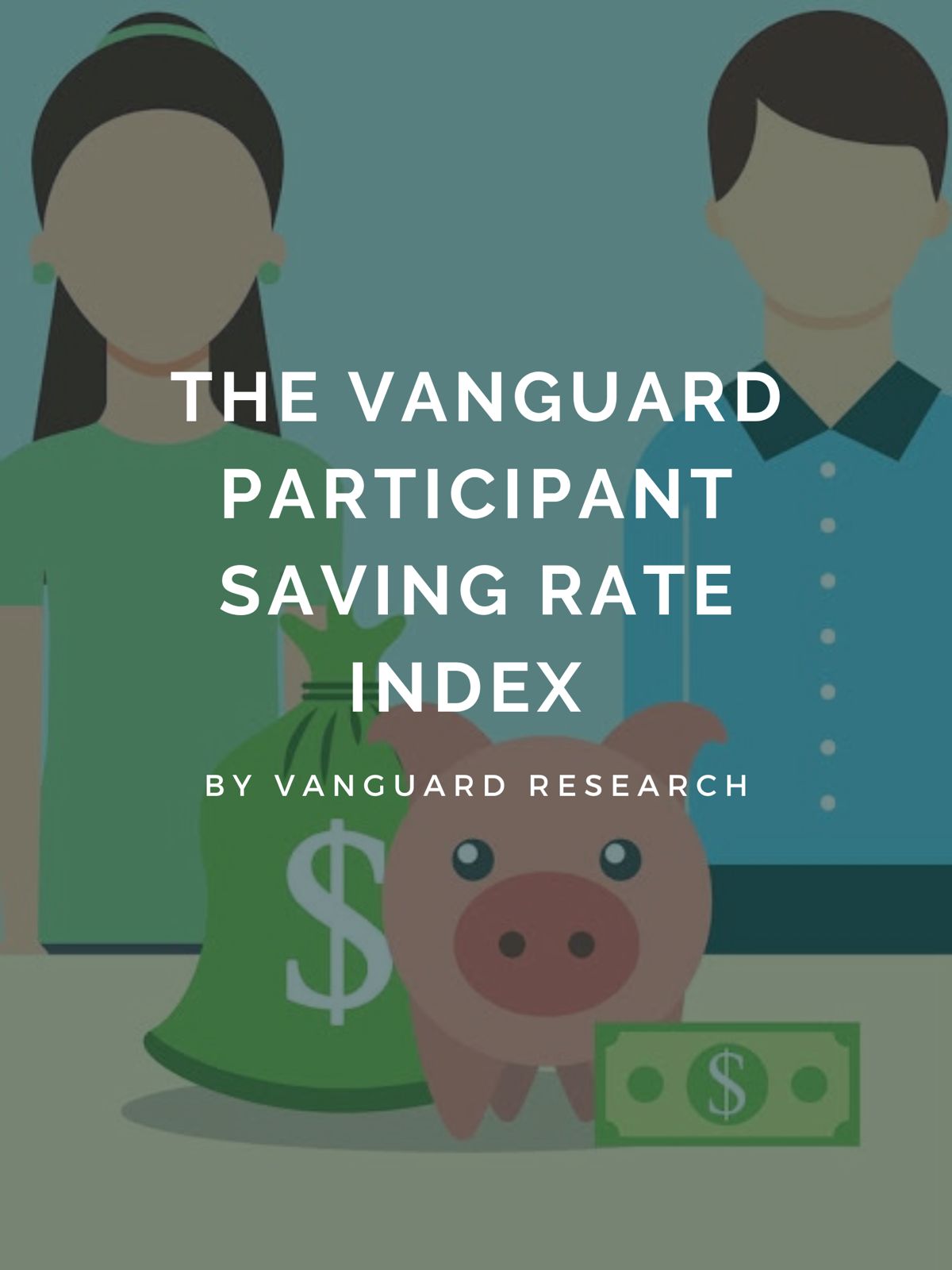A Game-Theoretic Model of the Consumer Behavior under Pay-What-You-Want Pricing Strategy
By Vahid Ashrafimoghari & Jordan W. Suchow In a digital age where companies face rapid changes in technology, consumer trends, and business environments, there is a critical need for continual revision of the business model in response to disruptive innovation. A pillar of innovation in business practices is the adoption of novel pricing schemes, such as Pay-What-You-Want (PWYW). In this paper, we employed game theory and behavioral economics to model consumers’ behavior in response to a PWYW pricing strategy where...










